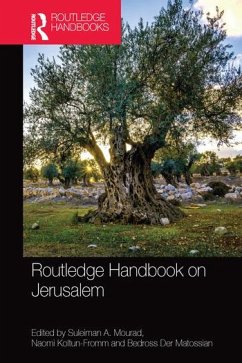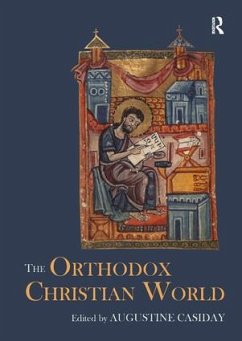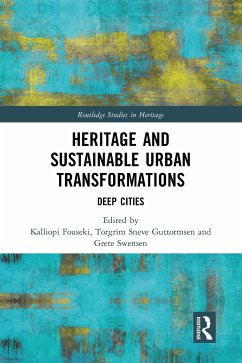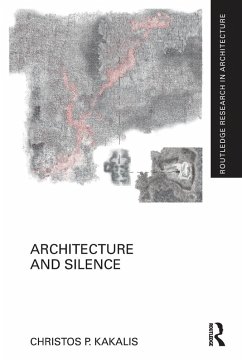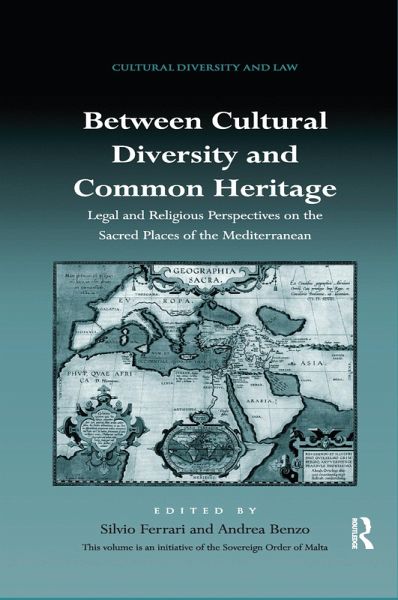
Between Cultural Diversity and Common Heritage
Legal and Religious Perspectives on the Sacred Places of the Mediterranean
Herausgegeben: Ferrari, Silvio; Benzo, Andrea
Versandkostenfrei!
Versandfertig in 6-10 Tagen
45,99 €
inkl. MwSt.
Weitere Ausgaben:

PAYBACK Punkte
23 °P sammeln!
Going beyond the more usual focus on Jerusalem as a sacred place, this book presents legal perspectives on the most important sacred places of the Mediterranean. The first part of the book discusses the notion of sacred places in anthropological, sociological and legal studies and provides an overview of existing legal approaches to the protection of sacred places in order to develop and define a new legal framework. The second part introduces the meaning of sacred places in Jewish, Christian and Islamic thought and focuses on the significance and role that sacred places have in the three majo...
Going beyond the more usual focus on Jerusalem as a sacred place, this book presents legal perspectives on the most important sacred places of the Mediterranean. The first part of the book discusses the notion of sacred places in anthropological, sociological and legal studies and provides an overview of existing legal approaches to the protection of sacred places in order to develop and define a new legal framework. The second part introduces the meaning of sacred places in Jewish, Christian and Islamic thought and focuses on the significance and role that sacred places have in the three major monotheistic religions and how best to preserve their religious nature whilst designing a new international statute. The final part of the book is a detailed analysis of the legal status of key sacred places and holy cities in the Mediterranean area and identifies a set of legal principles to support a general framework within which specific legal measures can be implemented. The book concludes with a useful appendix for the protection of sacred places in the Mediterranean region. Including contributions from leading law and religion scholars, this interesting book will be valuable to those in the fields of international law, as well as religion and heritage studies.




